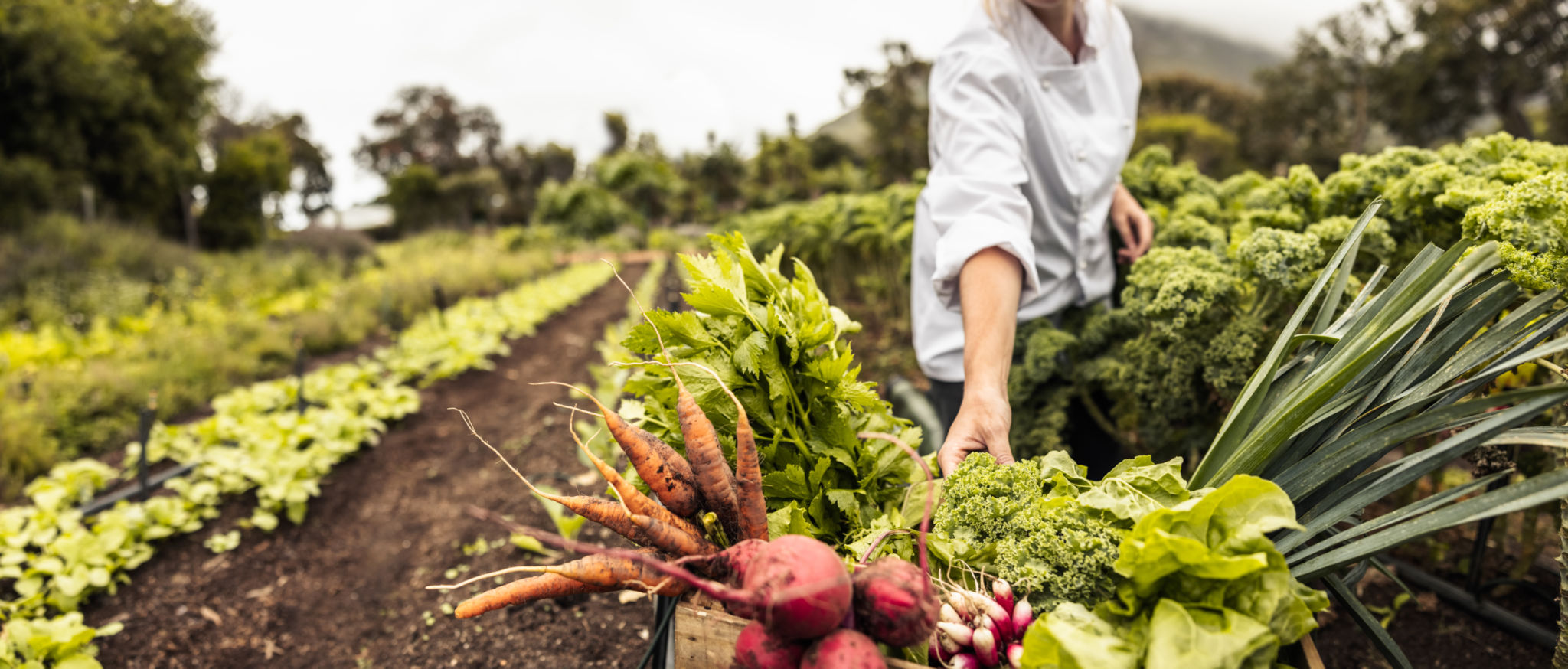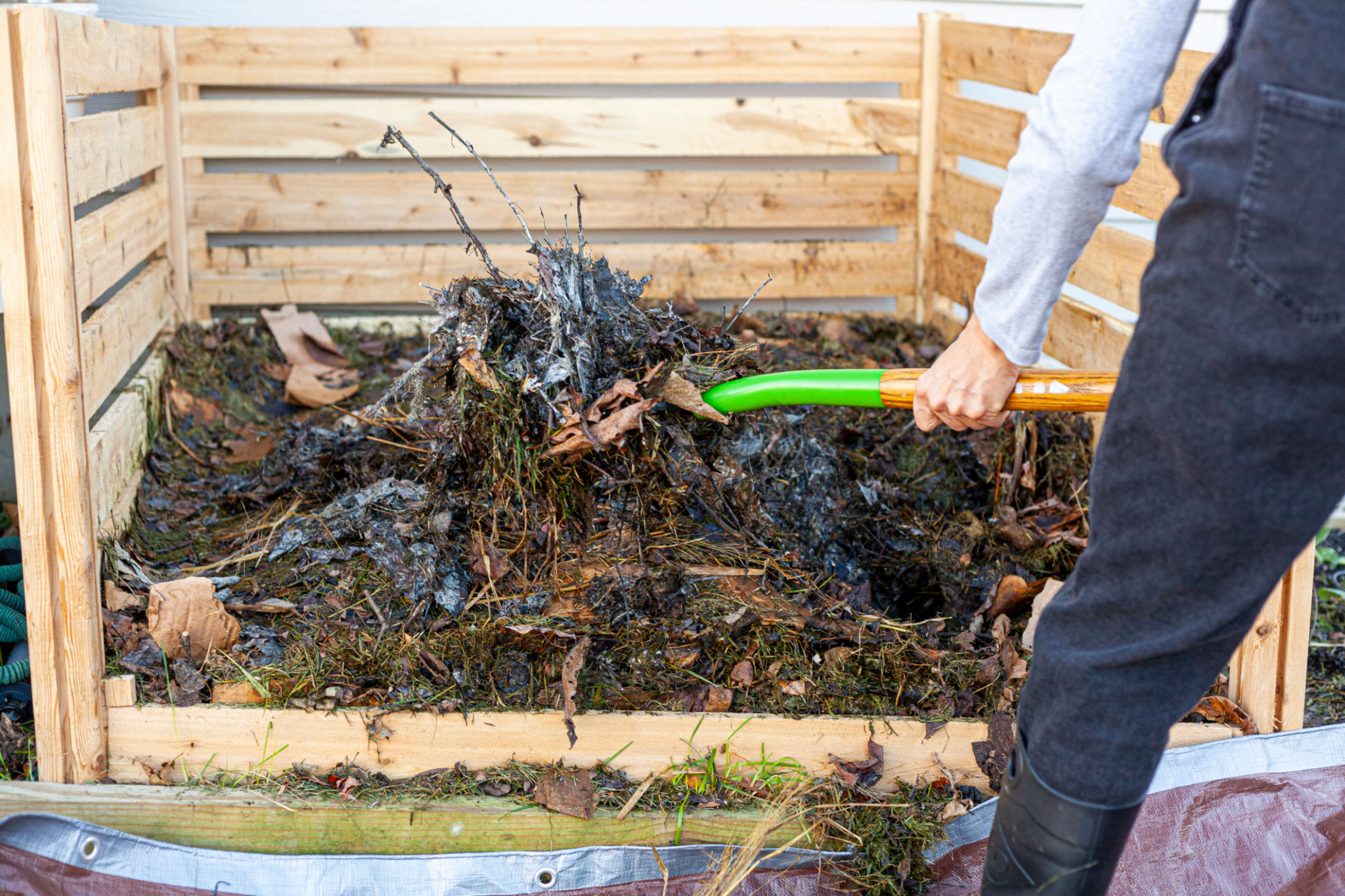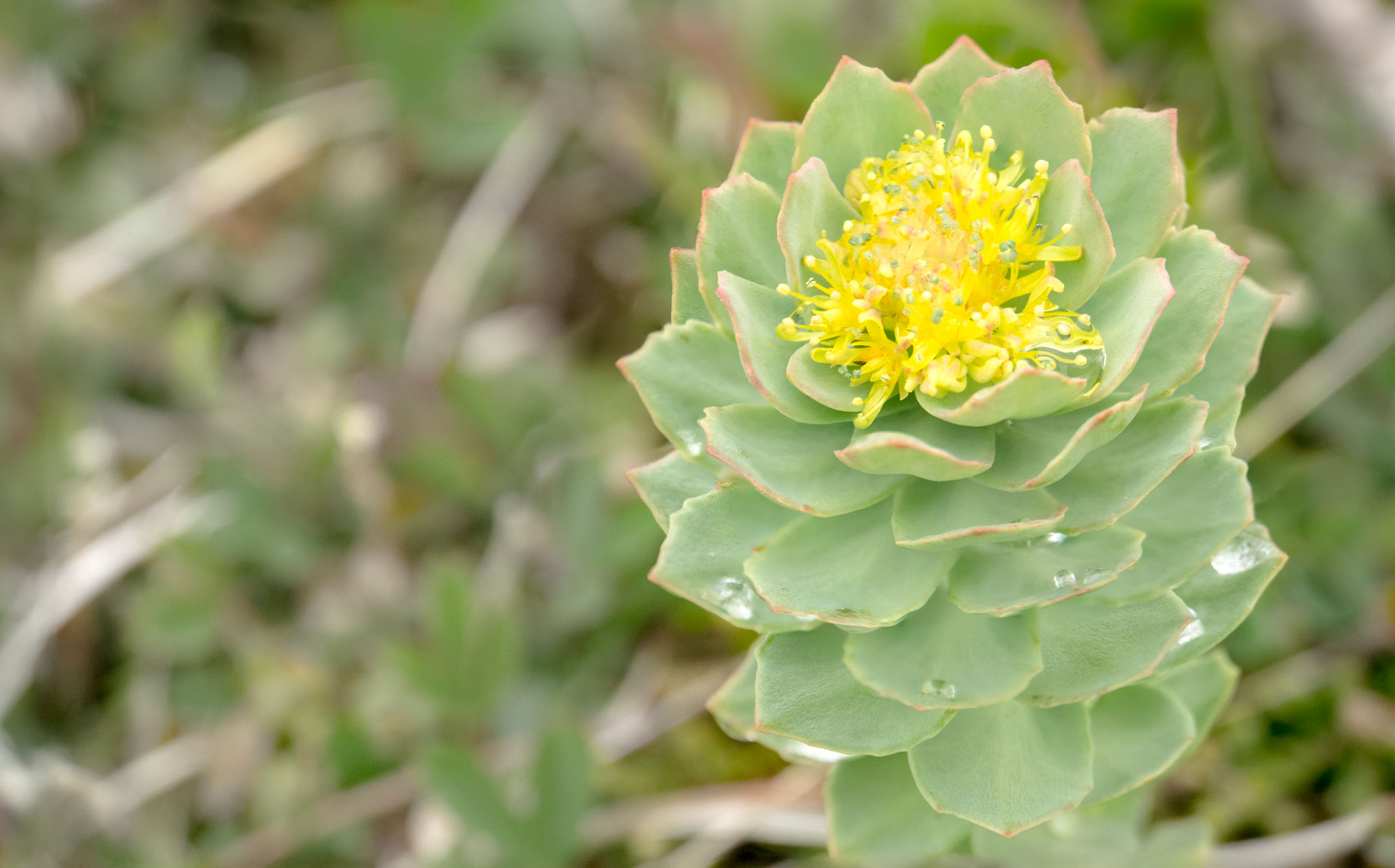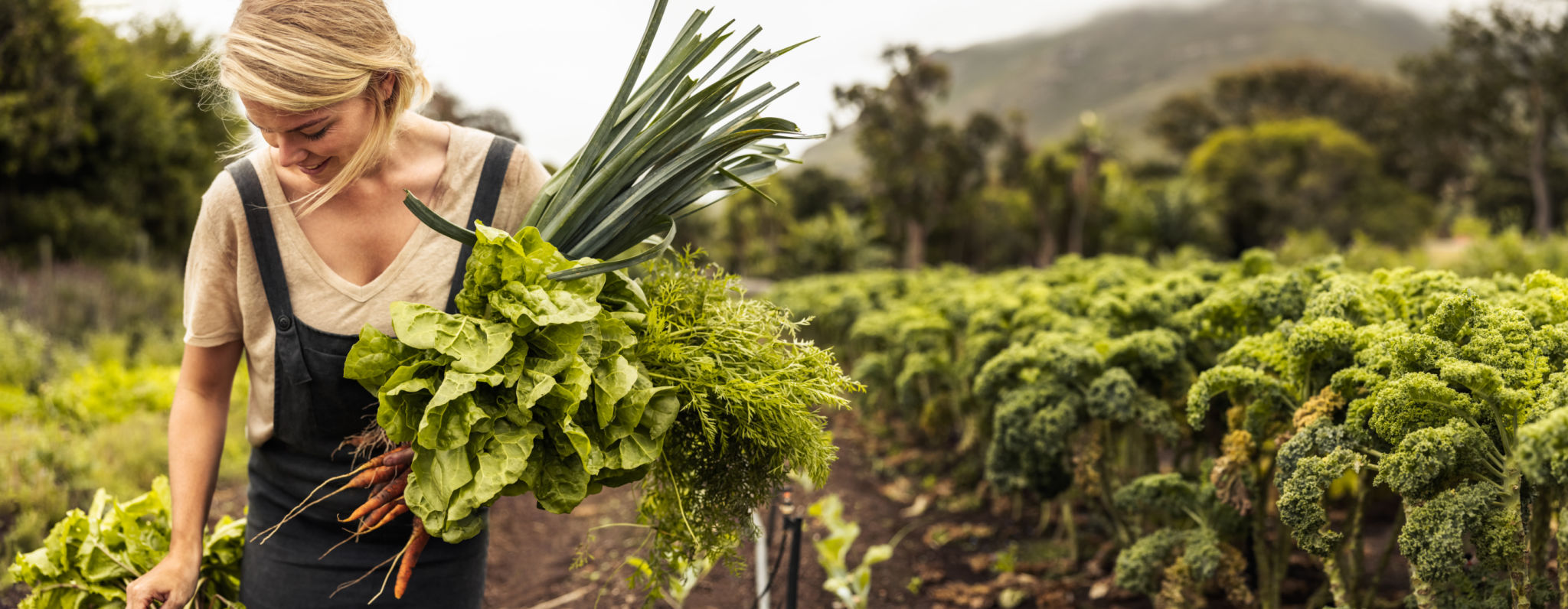Eco-Friendly Gardening in Tucson: Local Tips for Sustainable Fertilizer Use
Understanding the Importance of Eco-Friendly Gardening
Eco-friendly gardening is more than just a trend; it's a commitment to preserving our planet while enjoying the beauty and bounty of nature. In Tucson, where the desert climate poses unique challenges, adopting sustainable practices is crucial for maintaining a healthy garden. By focusing on eco-friendly fertilizer options, gardeners can reduce their environmental impact and ensure that their plants thrive in harmony with the local ecosystem.

Choosing the Right Fertilizer
When selecting fertilizers for your garden, it's essential to consider their environmental impact. Traditional chemical fertilizers can leach into the soil and waterways, causing harm to wildlife and plants. Instead, opt for organic fertilizers that are made from natural materials such as compost, manure, or bone meal. These options not only enrich the soil but also promote long-term sustainability.
Composting: A Sustainable Solution
Composting is one of the best ways to create nutrient-rich fertilizer at home. This process involves recycling organic waste like kitchen scraps and yard trimmings into a valuable soil amendment. In Tucson, where water conservation is critical, composting also helps retain soil moisture, reducing the need for frequent watering. Start by setting up a compost bin in a shaded area of your garden and regularly turning the pile to speed up decomposition.

Utilizing Local Resources
Tucson offers a variety of local resources that can support sustainable gardening practices. Many community gardens and farmers' markets provide workshops on eco-friendly gardening techniques. By engaging with these local networks, gardeners can gain valuable insights into sustainable practices tailored to the region's unique climate and soil conditions.
Incorporating Native Plants
Native plants are naturally adapted to the local environment and require less water and fertilizer than non-native species. By incorporating native plants into your garden, you can enhance biodiversity while reducing the need for chemical inputs. Popular choices in Tucson include desert marigold, penstemon, and agave, all of which thrive in arid conditions.

Water-Wise Gardening Practices
Conserving water is a key component of eco-friendly gardening in Tucson. Implementing water-wise practices such as drip irrigation, mulching, and rainwater harvesting can significantly reduce water usage. Mulching not only conserves moisture but also provides nutrients as it breaks down, enhancing soil health over time.
Monitoring Soil Health
Healthy soil is the foundation of a thriving garden. Regularly testing your soil can help you understand its nutrient composition and identify any deficiencies. Use soil tests to tailor your fertilization approach, ensuring that you apply only what is needed. This targeted method reduces waste and prevents the over-application of fertilizers.
Conclusion: A Greener Future
By adopting eco-friendly gardening practices in Tucson, gardeners contribute to a more sustainable future. From choosing organic fertilizers and composting to incorporating native plants and conserving water, there are numerous ways to minimize environmental impact while creating a lush, vibrant garden. Embrace these practices not only for the health of your plants but for the well-being of the planet.

